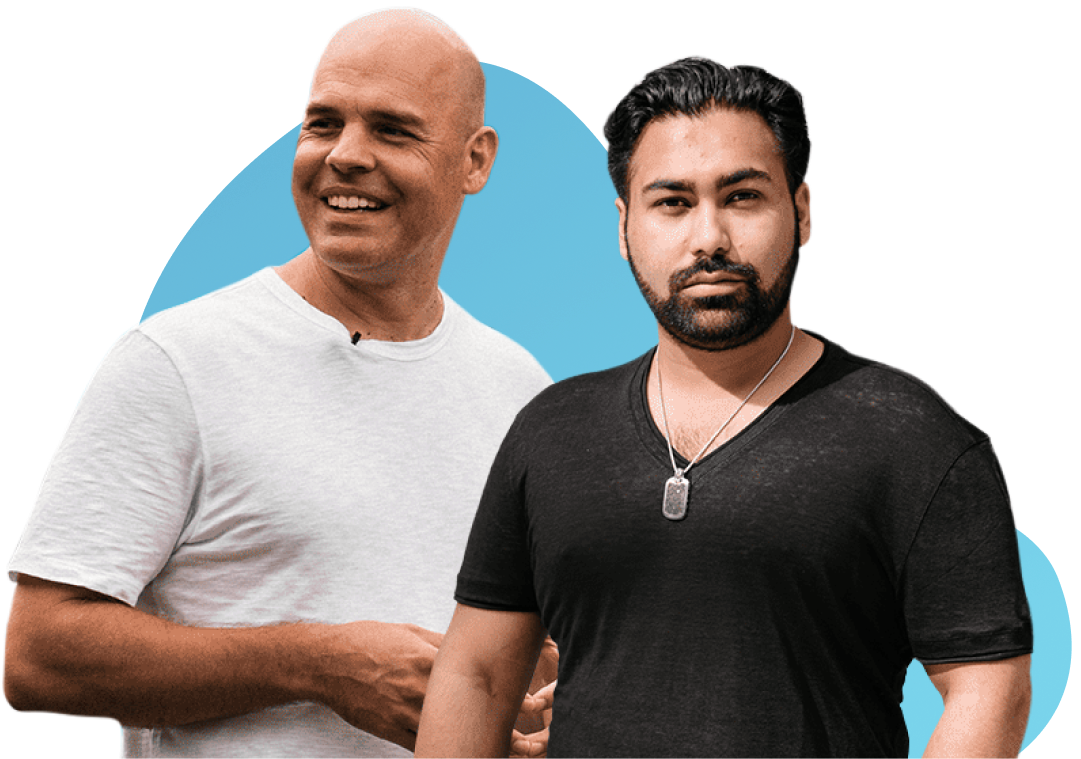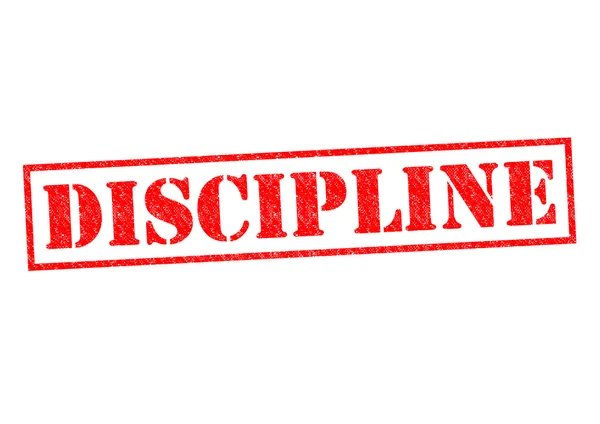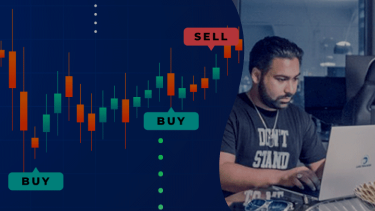One of the things we focus on the least when we begin to learn to trade is dealing with our emotions. This is a sad situation because dealing with emotions is probably the most important part of what we must do on a day-to-day basis. If you don’t have a sound emotional game, you won’t make it as a trader. You must continually work on this area. In this article I will try to address ways of fine tuning your emotions.
The difference between good traders and a great trader’s emotional game is that a good trader thinks that even when losing, it just doesn’t matter that much. They think they can trade well enough. They make excuses to keep trading. They trade but are only using their B and C game because they think that it is still good enough to make money. They think they are simply impenetrable and unaffected by emotional overloads, no matter what. That’s a scary way to think, because a couple of hours trading in a compromised state can wipe out days or even weeks of solid trading.
A great trader not only knows they are susceptible to emotional overload, but they also refuse to put themselves in a position where they will be trading below par. They study what their triggers are, how they manifest and create a strategy to protect themselves.
An example is someone who wants to go on a diet but still buys junk food at the grocery store. They think: “I’ll be fine. I’ll have it occasionally and I won’t give in to my previous bad habits.” At that moment in the grocery store what they are saying may very well be true. But in a weaker mindset some point in the future they may not be. A better decision would be to choose not to buy it in the first place, understanding that the weaker version of themselves is not the same as the stronger version. Thus, the stronger version protects the more vulnerable version by having a strategy in place making the junk food unavailable in a potential time of weakness.
Similarly, the time to deal with the emotional overload is not when it’s happening. You must create a plan for it while in a stable emotional state to protect yourself when you lose stability. To improve emotionally you must work on your strategies continually.
A lot of people ask me how I manage my emotions. I have multiple strategies in place. If it’s just frustration from a trade I might just do some deep breathing to relax or walk away for 5 minutes. If it’s a larger issue I may take a day or even a week off. The critical part of creating emotional strategies is that it needs to work for you. Something that works for me may not work as well for you.
The key is to examine yourself! Ask yourself these questions:
How do I behave once I’m compromised?
How do I truly feel?
Am I likely to chase losses?
Am I getting overly aggressive?
Am I trading with scared money?
How often do these emotions happen?
How long do they last?
How bad do they get?
Remember, this honesty won’t be easy. Once you’ve spent time breaking the impact down, you can then come up with ideas of what you think might be an effective emotional fix. You can try things from a list of standard fixes, such as taking breaks, doing a meditation, or to stop trading. You can also come up with more personal ideas. Bounce these ideas off a friend, trading partner or coach, and don’t be afraid to try new things if something that used to work isn’t working. Make sure to periodically review your emotions, have an honest conversation about what’s working and what’s not. Most of all be willing to adapt and change.
For more great articles like this consider joining my coaching group here are Live Trader’s. More information on the group can be found at the link below.
https://livetraders.com/groups/detail/2b144965-1248-4117-a8e0-be3f70c5725d




